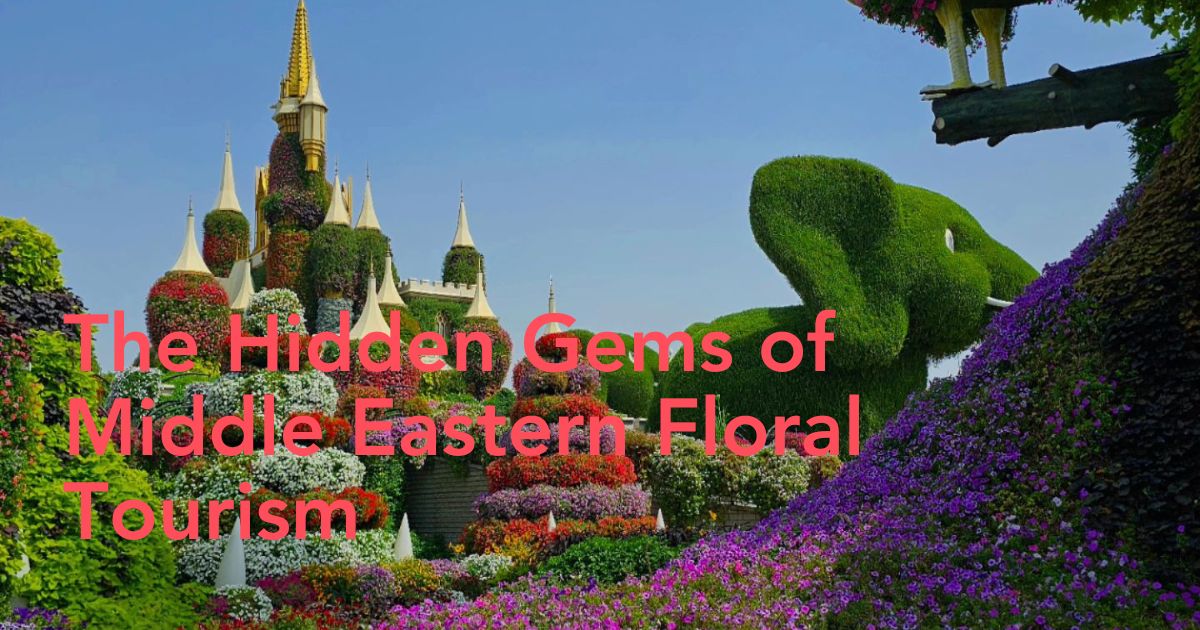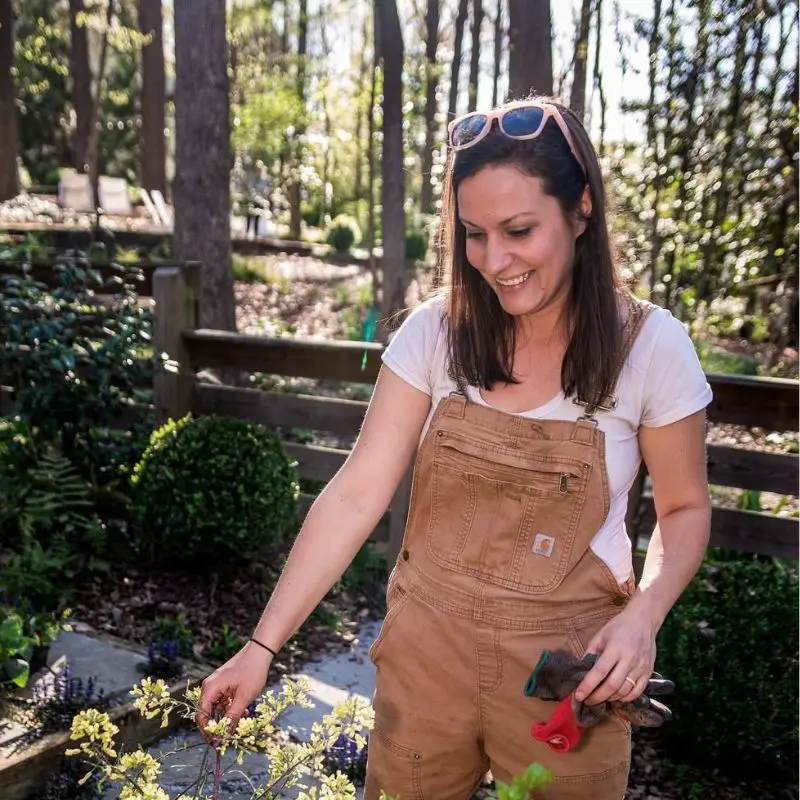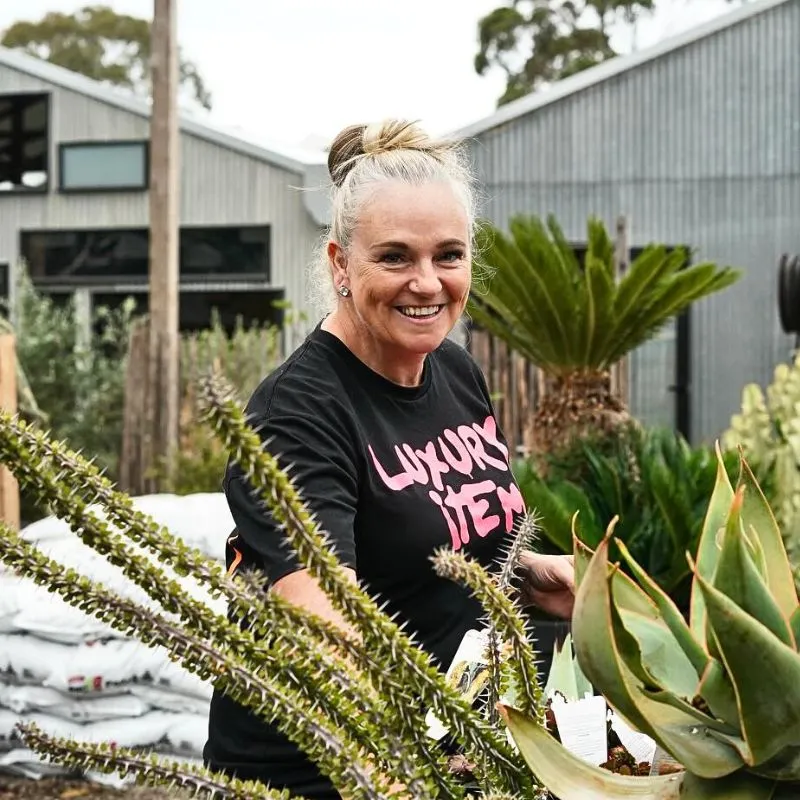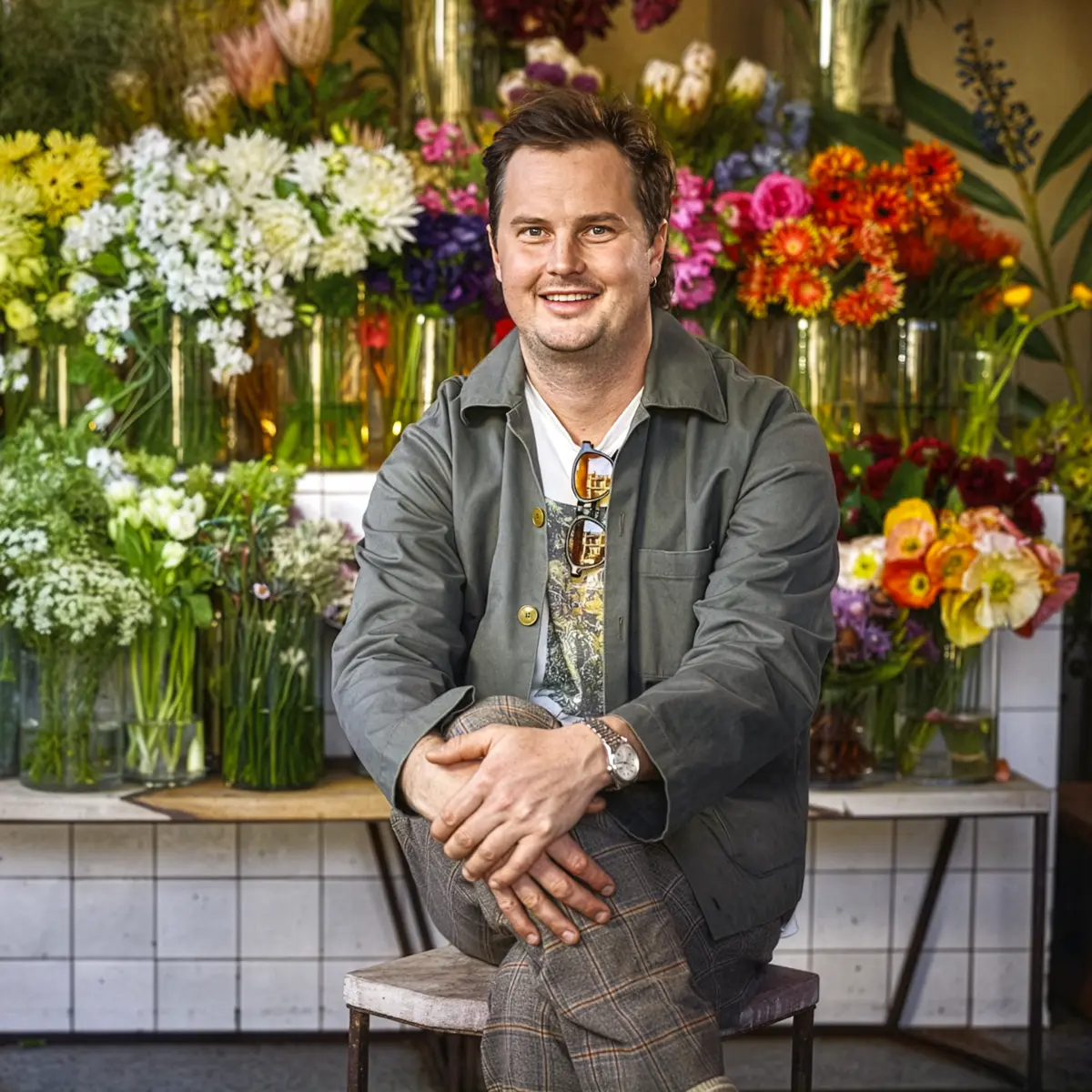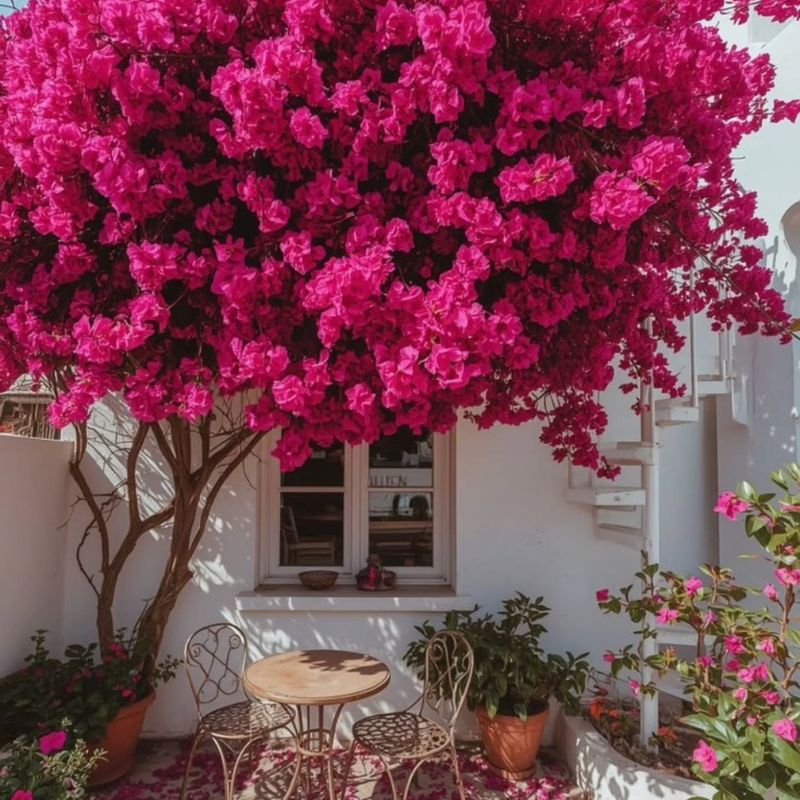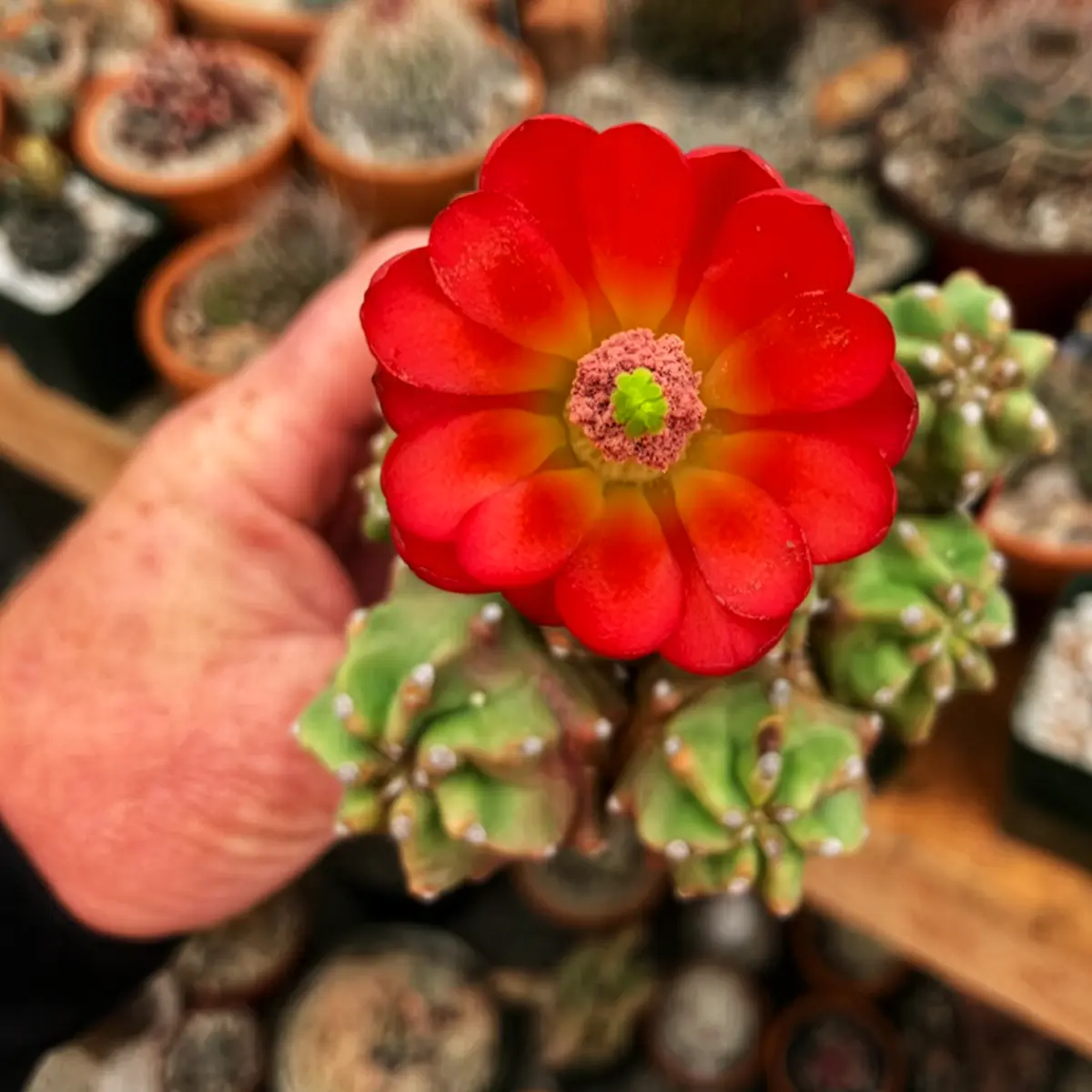The Middle East is often stereotyped as a region of arid deserts and scorching sands. However, beneath this image lies a world of unexpected floral beauty. The region offers a diverse array of botanical wonders, from the lush oases of the Arabian Peninsula to the historic gardens of ancient civilizations.
This article explores some lesser-known destinations offering extraordinary floral experiences, inviting travelers to discover the hidden gems of Middle Eastern floral tourism.
I. Dubai Miracle Garden: A Floral Oasis
Dubai, a city renowned for its opulent architecture and futuristic skyline, also offers a stunning natural wonder: the Miracle Garden.
This sprawling floral park showcases the marvels of human creativity and the splendor of nature. Covering an expansive area, it showcases over 50 million flowers arranged in intricate patterns and breathtaking designs. From colossal floral sculptures to vibrant themed gardens, the Miracle Garden is a visual feast for visitors of all ages.
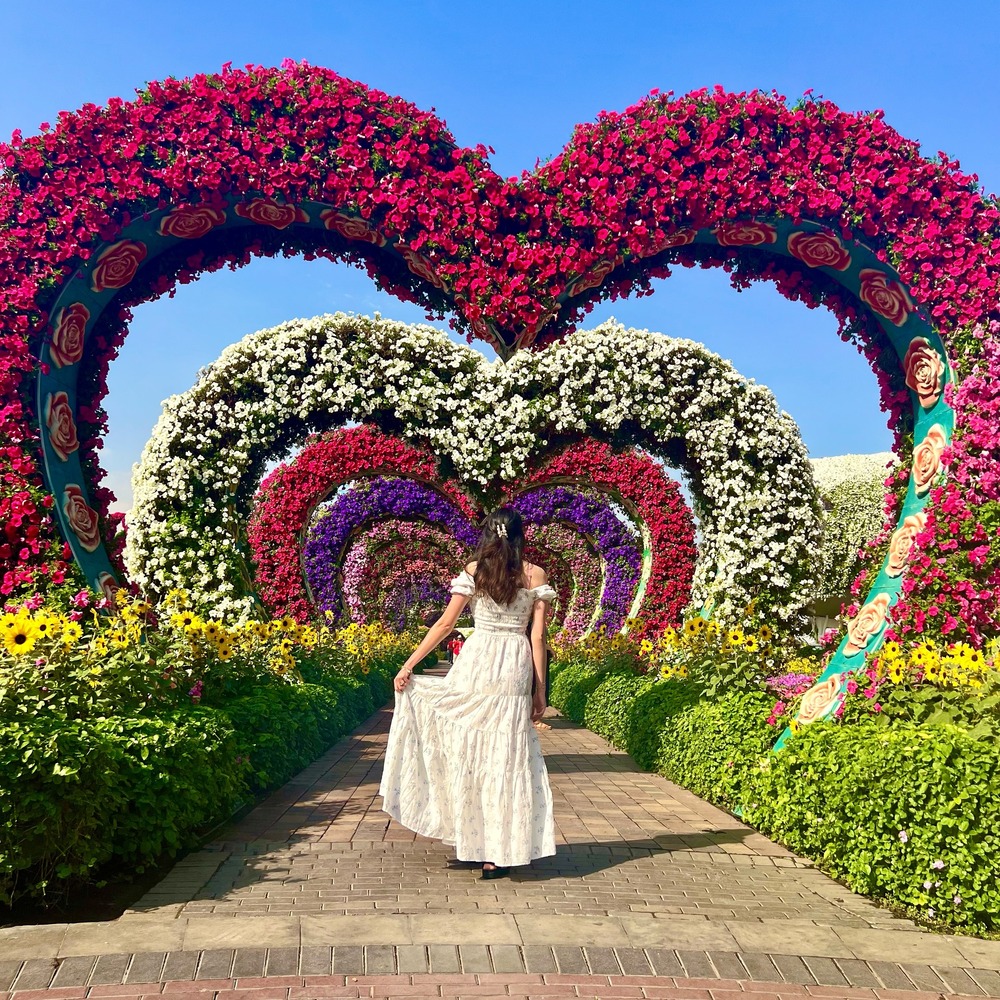
According to Nerdbot, as one of the world's largest natural flower gardens, this enchanting destination draws millions of visitors each year. The garden's grandeur is heightened by its seasonal nature, typically opening from mid-November to mid-May to coincide with Dubai's cooler months. For the optimal experience, plan your visit during December or January to enjoy the garden's full splendor without the scorching heat.
To make the most of your visit, consider purchasing tickets online in advance to skip long queues. Arriving early in the morning allows you to appreciate the garden's tranquility before the crowds gather. For a more relaxed visit, come in the late afternoon to capture stunning sunset photos.
II. Al Ain: The Garden City of the Gulf
With its lush landscapes and serene atmosphere, Al Ain is a stark contrast to the bustling metropolis of Dubai. Home to several UNESCO World Heritage sites, the city has a rich history and cultural heritage. Its strategic location near the Omani border has contributed to its unique blend of influences.
According to British Muslim Magazine, the crown jewel of Al Ain is undoubtedly its oasis. It spans over 1,200 hectares and is home to over 147,000 date palm trees. This verdant expanse, nourished by an ancient irrigation system, offers visitors a tranquil retreat amidst the desert. Visitors can explore the oasis by bike, on foot, or even on horseback, immersing themselves in the region's agricultural heritage.
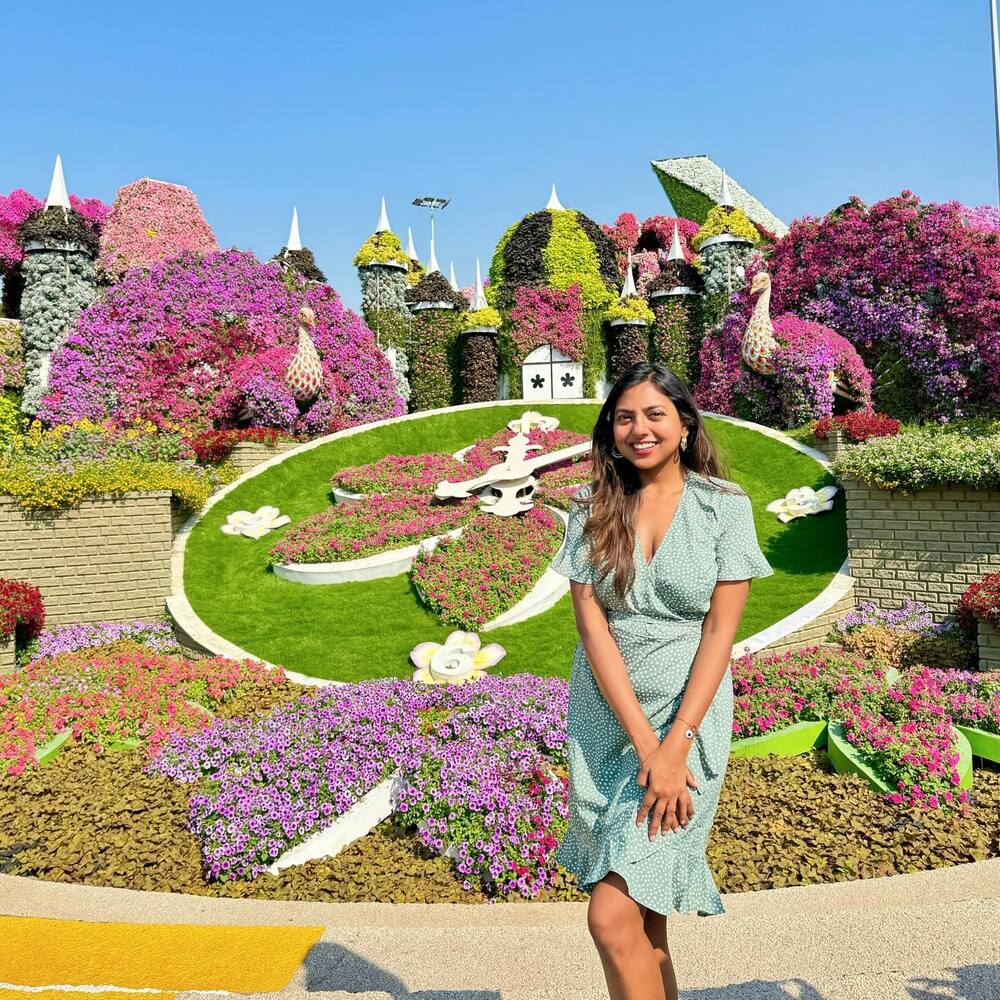
Beyond the oasis, Al Ain offers a variety of botanical gardens, showcasing the region's diverse flora and fauna. The city's commitment to preserving its natural heritage is evident in its well-maintained parks and green spaces.
III. Galilee: A Floral Tapestry
The Galilee region in Israel offers an unexpected floral splendor that captivates visitors from around the world. Known primarily for its rich biblical history, this area also offers a diverse landscape that nurtures a breathtaking array of plant life. From rolling hills to serene lakesides, the Galilee is a canvas painted with vibrant colors throughout the year.
Springtime transforms the region into a floral wonderland, with fields ablaze with colorful wildflowers. The delicate cyclamen, Israel's national flower, graces the hillsides with its ethereal beauty. Throughout the year, visitors can explore lush gardens, olive groves, and vineyards, immersing themselves in the region's agricultural heritage.
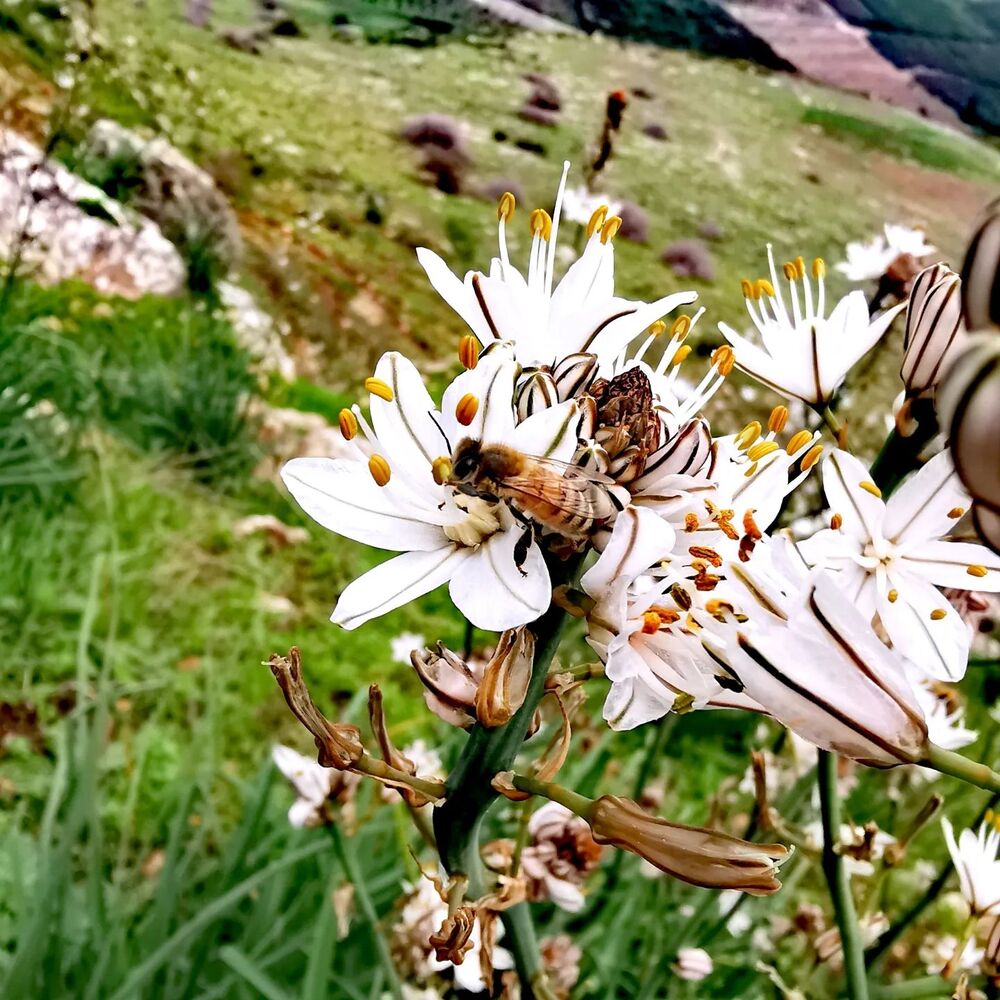
According to Isrotel, the area between Safed and Rosh Pina offers some of Israel’s most stunning and picturesque vistas. Breathe in the fresh air as you take in the rolling green hills, clear blue skies, and glistening waters.
To fully experience the region’s floral charm, consider booking a hotel in Galilee Israel. Many accommodations offer stunning views, allowing guests to wake up to the gentle sounds of nature and the sight of blooming flowers.
Whether you're a passionate botanist or simply seeking a tranquil escape, the Galilee promises an unforgettable encounter with the wonders of the natural world.
IV. Marrakech: A Floral Oasis in the Heart of Morocco
Marrakech, a vibrant city steeped in history and culture, offers a unique blend of old-world charm and modern allure.
According to Morocco World News, this enchanting garden has earned a prestigious spot among TripAdvisor’s top tourist destinations, ranking 16th on their latest list. The Jardin Majorelle, located in the heart of Marrakech, captivates visitors with its vibrant blue walls and lush array of exotic plants.
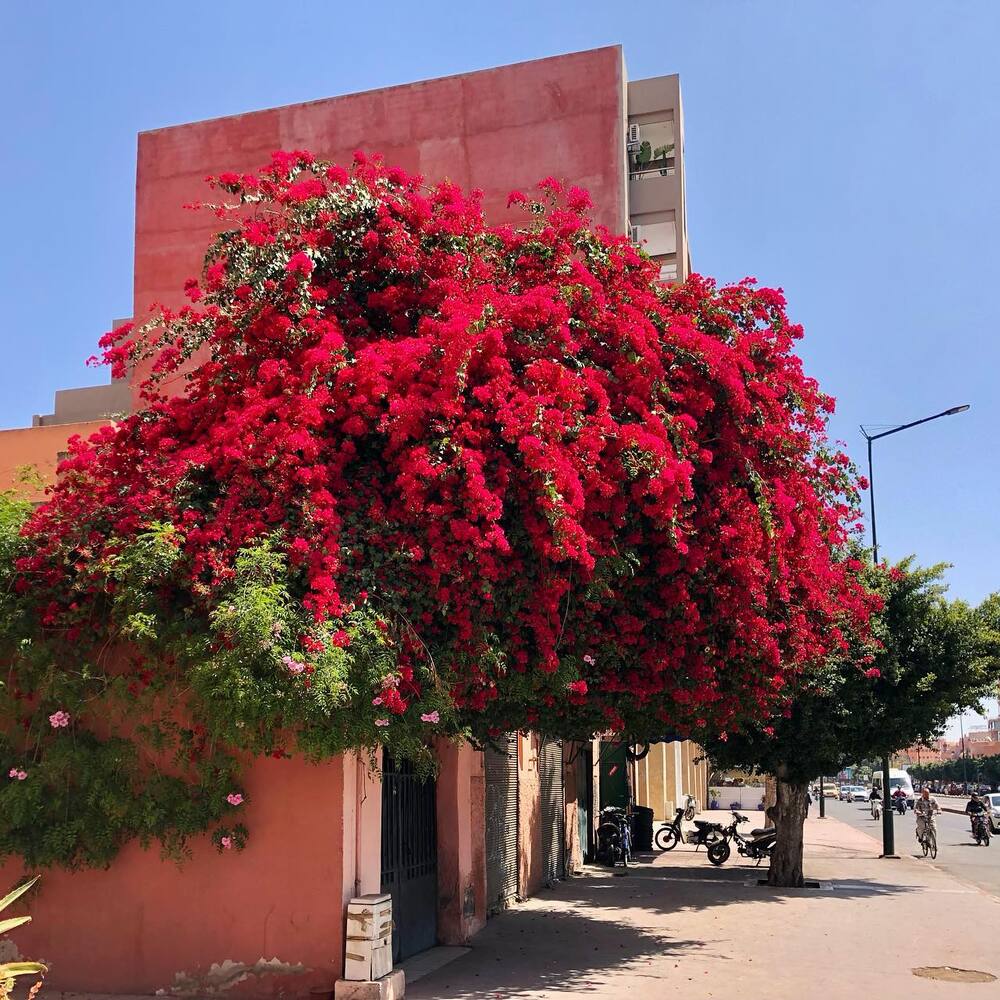
Strolling through Jardin Majorelle reveals a mesmerizing blend of color and serenity. The garden's distinctive sapphire-colored walls contrast beautifully with its rich greenery and vibrant blooms, offering a tranquil escape from the urban environment. Visitors are invited to explore its unique Instagrammable designs and landscapes, which provide ample opportunities for memorable photos.
V. Istanbul, Turkey: A Crossroad of Blossoms
Istanbul is a remarkable crossroad of blossoms, blending Turkish and Middle Eastern floral influences. The city's rich floral heritage is epitomized by the annual Tulip Festival.
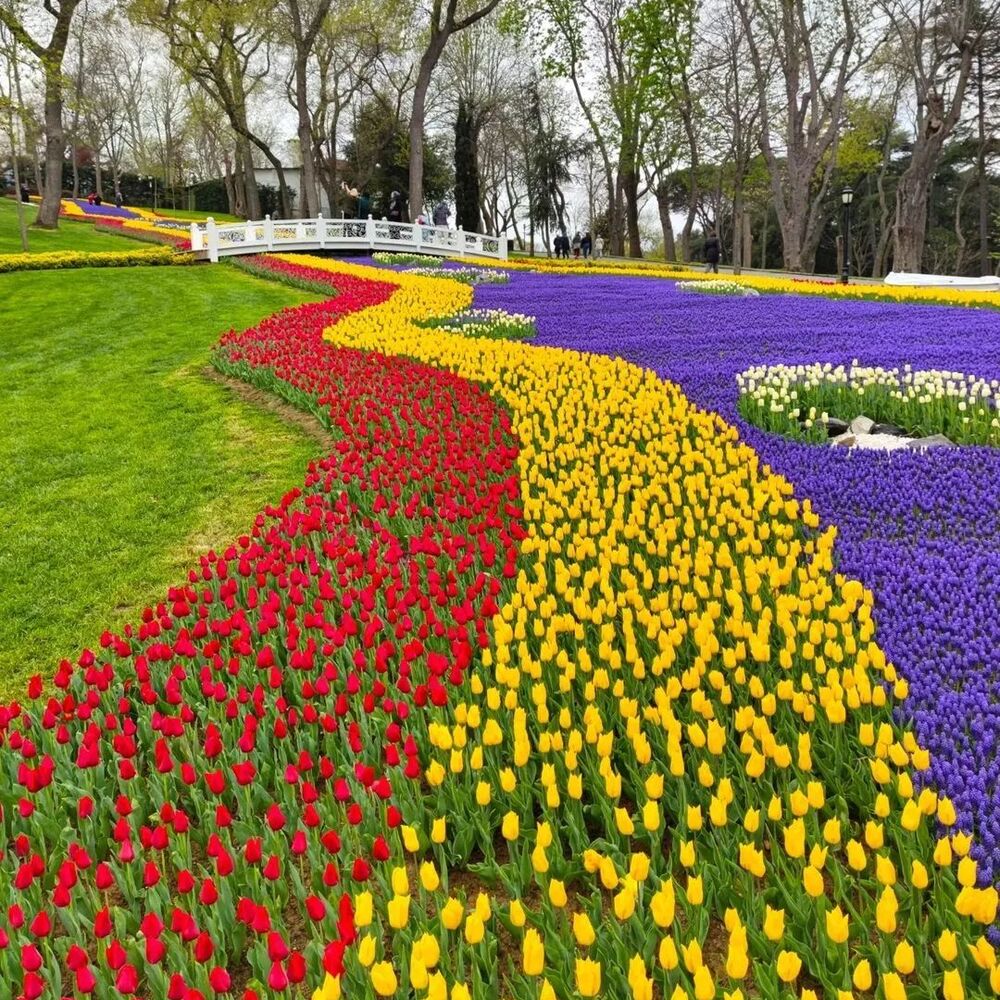
According to The Hurriyet Daily News, the Istanbul Municipality plants millions of bulbous flowers throughout historical sites. These include Emirgan Grove, Gülhane Park, Göztepe 60th Year Park, Sultanahmet Square, and Hidiv Grove.
During the Tulip Festival, which runs through April and May, visitors are treated to a spectacular display of tulips, daffodils, hyacinths, and muscari. The festival's highlight is Emirgan Grove, a focal point for its vibrant hues and artistic floral arrangements. The peak bloom usually occurs by mid-April, making this an ideal time to visit.
VI. Riyadh: Emerging Floral Attractions
Saudi Arabia's capital city, Riyadh, is undergoing a remarkable transformation, with a strong focus on green spaces and sustainable development. This shift is evident in the city's burgeoning floral attractions, which are set to redefine the urban landscape.
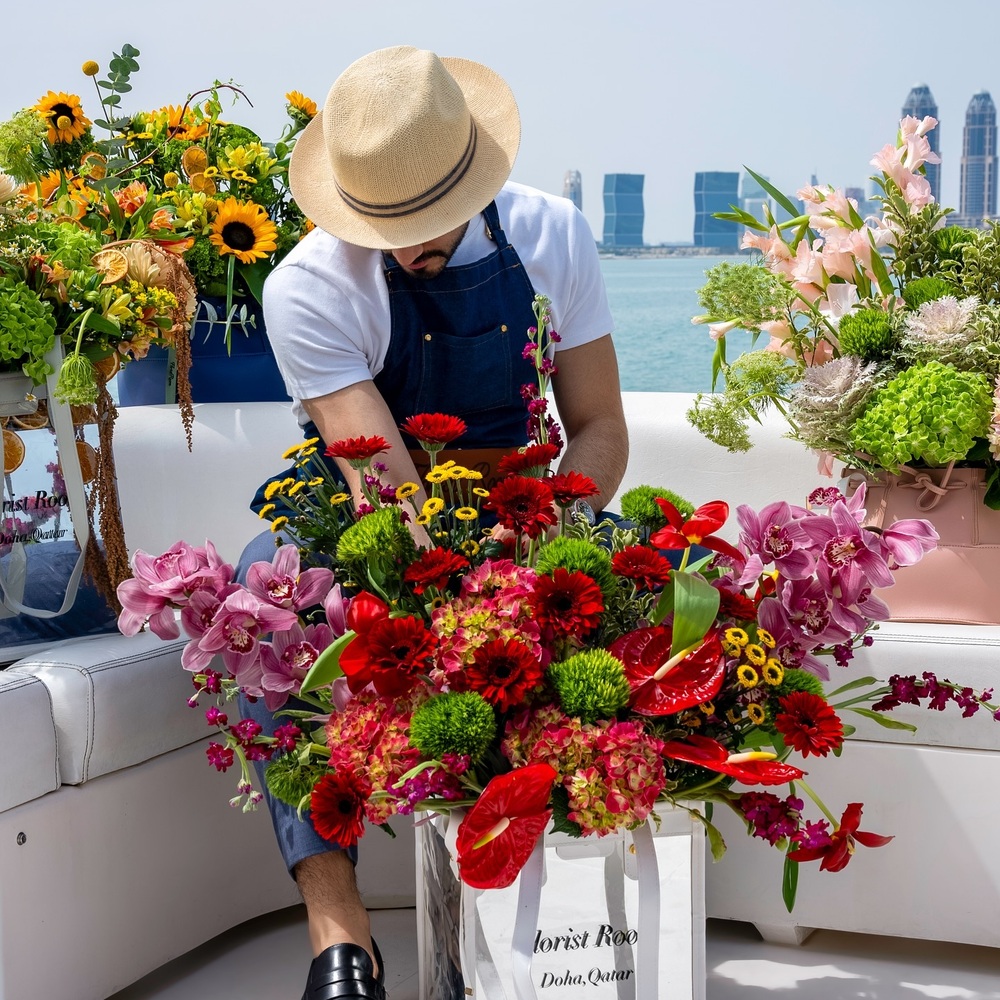
A prime example of this ambitious vision is the upcoming King Abdulaziz Park. This massive green space, spanning over 4.3 million square meters, will be a cornerstone of the Green Riyadh program. A botanical garden showcasing over 200 native plant species will be the park's centerpiece. The park's integration with the Munsiyah tributary, creating an 11-kilometer waterway, further enhances its natural appeal.
As construction progresses, Riyadh is poised to become a destination for nature lovers and those seeking a respite from the city's bustling energy.

